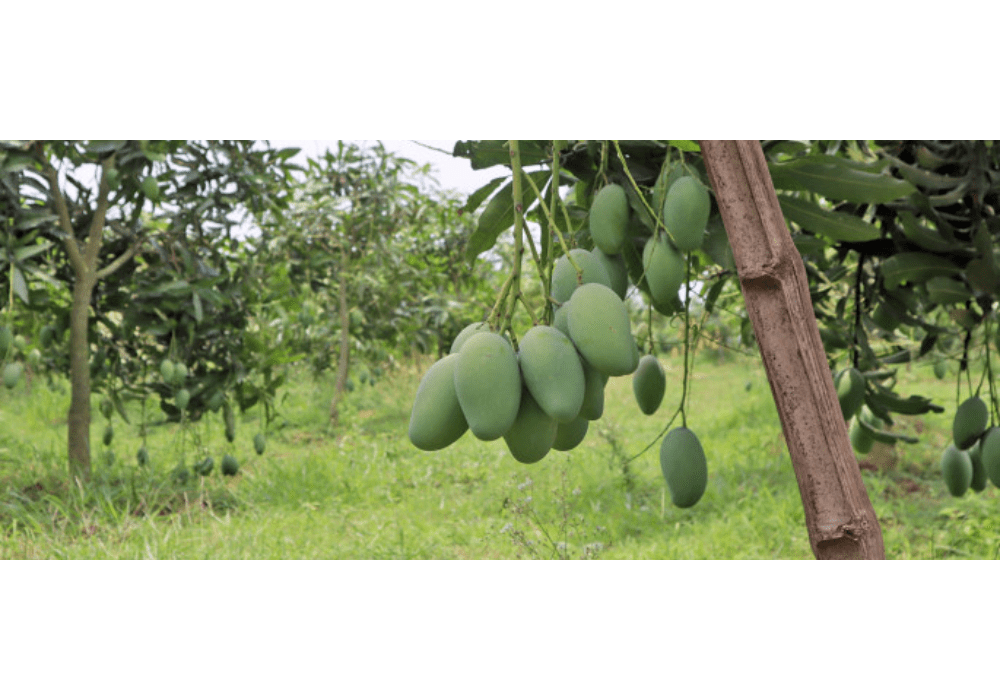Bangladesh shipped 2,194 tonnes of mangoes this season, a 66 percent rise from last year, reaching 26 countries including the UK, Saudi Arabia, Italy, and China. Experts credit better quality and production, but high freight costs and weak infrastructure continue to limit export potential.
Bangladesh’s mango exports have bounced back strongly this year after a slump in the previous season. According to the Department of Agricultural Extension (DAE), shipments reached 2,194 tonnes by the end of September, compared with 1,321 tonnes in 2024. Officials said improved fruit quality and larger volumes meeting export standards helped push up sales abroad.
Read More: Padma Oil to Launch Chattogram Airport Fuel Pipeline 3 Months Ahead of Schedule
Mango export from Bangladesh began in 2015, initially targeting Bangladeshi communities in the UK, Italy, and the Middle East. The market has gradually expanded, and this year China also joined as a new destination with 5 tonnes imported. The UK topped the list with 686 tonnes, followed by Saudi Arabia (356 tonnes), Italy (264 tonnes), Kuwait (167 tonnes), and Qatar (163 tonnes). Altogether, 26 countries imported Bangladeshi mangoes in 2025.
Bangladesh produces around 2.4–2.5 million tonnes of mangoes annually, worth Tk 13,000–14,000 crore in the domestic market. Commercial cultivation now covers 23 districts, with 72 varieties grown nationwide. However, only seven or eight varieties are exportable, with Amrapali accounting for about 80 percent of shipments. Other notable export varieties include Himsagar, Langra, BARI-4, and Fajli.
Experts say Bangladesh has the potential to export up to 8,000 tonnes annually, but several obstacles hold the sector back. High air freight charges, lack of modern treatment facilities, and weak certification infrastructure remain key challenges. Mohammad Mansur, general secretary of the Bangladesh Fruits, Vegetables and Allied Products Exporters Association, said freight costs rose two to three times last year, cutting exports sharply. “Without investment in vapour heat treatment plants and improved logistics, we cannot compete with global leaders like Mexico, India, or Brazil,” he said.
Read More: Bangladesh Seeks $1.5b AIIB Loan as Fiscal Pressures Grow
Despite these hurdles, the growing international demand shows promise. Agriculture officials say countries like Japan and Australia have expressed interest in importing Bangladeshi mangoes in the future. “Bangladeshi mangoes may not always look perfect, but their taste is unmatched, which keeps demand strong,” said Mohammad Arifur Rahman, director of the DAE’s exportable mango production project.
Industry insiders believe that with better infrastructure, contract farming, and government support, Bangladesh could expand its presence in the global mango market. For now, the rebound marks a significant step forward, restoring optimism among farmers and exporters after last year’s decline.


